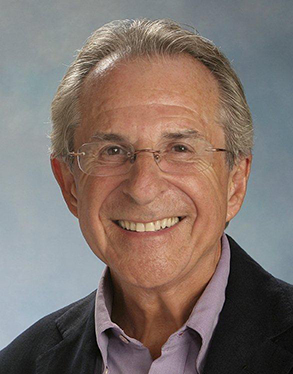The next time you see your doctor, pause as you’re leaving and say, “Oh yes, something else is troubling me.” Watch her eyes light up. It’s a classic moment doctors live for—a rare chance to learn what’s on their patients’ minds. But this time, it will be different. Because you’ll explain, “I’m worried about you, Doc. Nearly every day I read about the sinking morale of physicians. I can’t fathom how you manage to navigate the morass of bureaucracy we’ve thrown in your path. But I want you to know—and I’m speaking for all of your patients—that we are grateful. Is there anything that we, especially us in the pharma industry, can do to make your life easier?”
Granted it’s hard to imagine having that conversation. Many doctors might pooh-pooh you or shut you out in the same way their patients may go into denial about their problems. Doctors are in the business of helping others and it’s rare to hear them complain.
But there’s no getting around it: It’s tough for doctors today. The statistics are grim—according to a recent article on Medscape by Dr. Louise Andrew, roughly 400 doctors commit suicide every year, about the same number who graduate from a typical medical school. Depression is common among physicians, yet they are reluctant to seek healthcare. In the same article it was reported that only 26% of doctors who think about suicide seek help. The majority of doctors have no regular physician. How sad is that?
Every year their plight gets worse, as more red tape and regulations get dumped in their laps. Writing in the Wall Street Journal, Dr. Sandeep Jauhar noted that the average US doctor spends an average of nearly one hour a day just on insurance paperwork. And not only are doctors subject to massive malpractice lawsuits whenever patients are dissatisfied with an outcome, but today nearly every interaction is questioned. No wonder that a 2014 survey of doctors found that only 58% would choose the same profession if they had it to do over again. That statistic may not sound too bad, but consider that at one time, being a physician was revered as about the best job one could have in America—from the patient point of view and the doctor’s!
Too frequently, doctors are stereotyped as arrogant and rich. Not much attention is paid to the fact they’d have done better financially had they taken their big brains and entered the world of finance, where they could have earned astronomical salaries and bonuses—without the Affordable Care Act.
If you’re not yet ready to buttonhole your doctor, let’s have that conversation among ourselves. What can pharma do? Initiatives from one company would be suspect. But perhaps as an industry measure we could underwrite the development of free software to help physicians contend with medical records requirements. Or why can’t we work with payers to streamline prior authorizations? And when we cut deals with payers and PBMs, why can’t we insist that the fine print in any deal has provisions that make life easier for docs? Other ideas? Maybe there’s a way to help docs keep up with the literature. Where’s the app that makes talks from medical conferences accessible on tablets? Isn’t it time we work to help bring sanity to medical malpractice?
I’d love to hear your ideas. And I’d especially love to hear from physicians.
Sander A. Flaum, MBA, is principal, Flaum Navigators, and executive-in-residence and chairman, Fordham Leadership Forum, Fordham University Graduate School of Business Administration.
From the November 01, 2014 Issue of MM+M - Medical Marketing and Media








